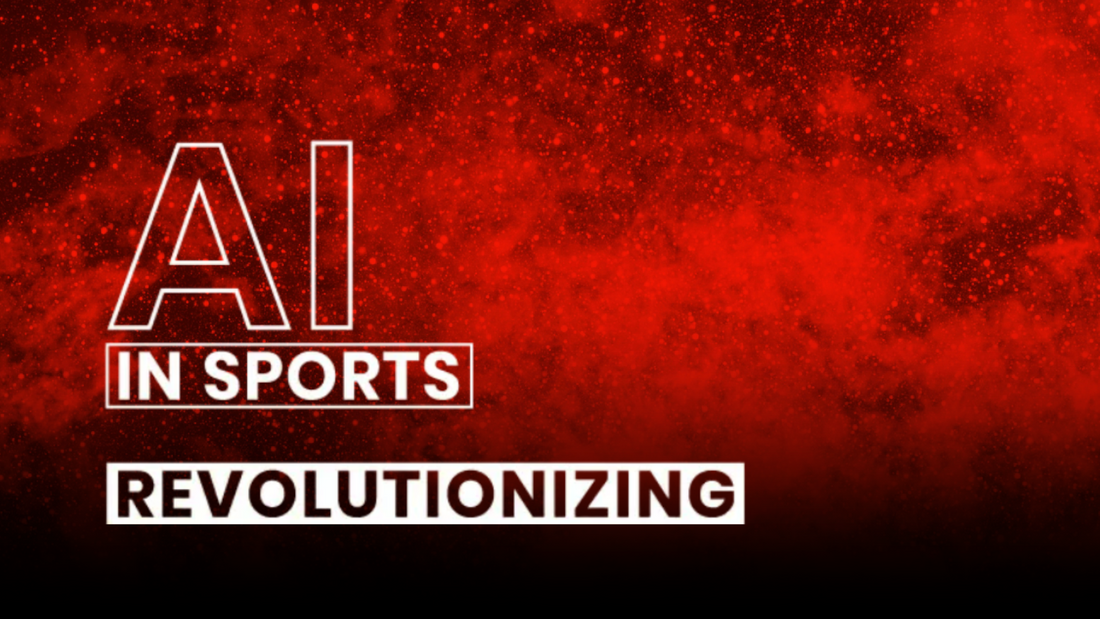
How AI and Data Are Revolutionizing Pro Sports in 2025: From Fan Engagement to On-Field Strategy
By Jocelyn Alano June 08, 2025 12:40
In 2025, artificial intelligence (AI) and data analytics have become indispensable forces reshaping professional sports. From enhancing player performance and refining coaching strategies to revolutionizing fan engagement and broadcasting, AI-driven technologies are transforming every facet of the sports ecosystem. This technological revolution is not merely a novelty but a competitive necessity for teams and leagues aiming to excel on and off the field.
Elevating Player Performance and Strategy
One of the most profound impacts of AI lies in performance analysis. Advances in computer vision allow teams to track player movements with unprecedented precision, using standard video footage to monitor speed, acceleration, positioning, and biomechanics in real time. For example, soccer clubs employ AI to analyze sprint trajectories and endurance dips, while baseball teams scrutinize pitchers’ arm angles to prevent injury. Unlike traditional sensor-based systems, these AI tools extract data directly from broadcast or training videos, making them accessible and scalable.
Machine learning models further enhance tactical decision-making by simulating countless game scenarios and predicting opponent strategies. Coaches can optimize lineups, anticipate rival moves, and make in-game adjustments based on live data feeds. As one NBA analyst noted, “AI enables smarter substitutions and tactical shifts that can change the course of a game.” This real-time insight helps teams maximize efficiency and gain a competitive edge.
Revolutionizing Fan Engagement
AI’s influence extends beyond the field, fundamentally changing how fans experience sports. Personalized content delivery is now standard, with AI algorithms curating highlights, player stats, and interactive features tailored to individual preferences. For instance, North American basketball leagues use AI to instantly generate highlight reels slam dunks, buzzer-beaters, and key defensive plays making them available within minutes on multiple platforms.
Augmented reality (AR) and AI-powered chatbots further enhance fan interaction by providing immersive viewing experiences and instant answers to fan queries. This creates a dynamic and engaging atmosphere, deepening fan loyalty and expanding the audience base. A sports marketing executive recently said, “AI-driven personalization transforms passive viewers into active participants.”
Injury Prevention and Health Monitoring
AI-powered analytics also play a critical role in athlete health. By integrating wearable sensors with computer vision, teams monitor fatigue levels, biomechanical stress, and early signs of injury. This proactive approach enables medical staff to intervene before minor issues become career-threatening. The result is longer careers, fewer missed games, and improved overall athlete well-being.
Broadcasting and Media Innovations
Broadcasting has been revolutionized by AI automation. Real-time event detection identifies pivotal moments during games, allowing broadcasters to provide instant commentary, dynamic replays, and enriched analysis without delay. This automation not only reduces production costs but also elevates the viewing experience, keeping fans engaged with up-to-the-minute insights.
Accessible AI for All Levels
Importantly, AI’s benefits are no longer confined to elite teams with massive budgets. Cloud-based APIs and portable camera systems democratize access, enabling smaller clubs and individual athletes to harness AI-driven analysis. This accessibility fuels grassroots development and broadens the sport’s talent pipeline.
Looking Ahead
The integration of AI and data analytics in sports is accelerating. As technologies mature, expect even deeper real-time insights, hyper-personalized fan experiences, and smarter health management. Sports organizations that embrace these tools today position themselves for sustained success in an increasingly data-driven future.
In summary, AI is not just supporting sports it is redefining them. From the locker room to the living room, the 2025 sports landscape is smarter, faster, and more connected thanks to artificial intelligence and data.


































































